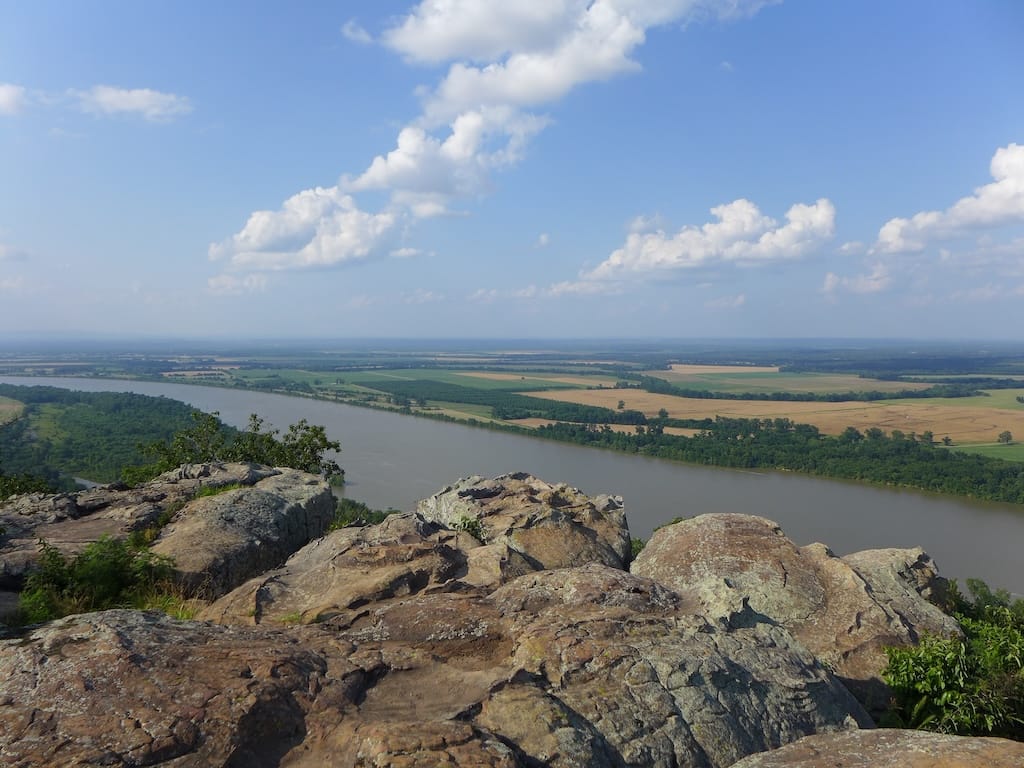Arkansas’s BEAD Initial Proposal, Volume Two
The state is planning to expand its fiber technician training program after funding infrastructure projects.
Jake Neenan

Arkansas released a draft volume two of its Broadband Equity, Access and Deployment initial proposal on November 14.
It was part of a wave of states and territories that began seeking public comment on drafts in recent weeks. All 56 have now done so.
After a 30 day comment period, states and territories are required to submit their proposals to the National Telecommunications and Information Administration by December 27. The proposals come in two volumes: volume one details how states will ground-truth broadband coverage data, and volume two outlines states’ plans for administering grant programs with their BEAD funds.
Arkansas expects its roughly $1 billion BEAD allocation will be enough to serve the estimated 190,000 homes and businesses in the state without adequate internet.
The state is planning to have at least $20 million left over after funding infrastructure projects. The bulk of that will be used to expand the Arkansas Fiber Academy, a state-run fiber technician training program. The state said in its proposal the expansion will help address a shortage of the skilled workers necessary for deploying fiber-optic cable.
The Arkansas broadband office will be soliciting two rounds of BEAD grant bids from broadband providers. The first round will be used to identify “Buy It Now” bids, applications that score enough points on the BEAD rubric to be tentatively granted over competing bids, and a minimum point threshold, above which applications will be tentatively granted in the absence of competing bids.
Arkansas will also be using the NTIA’s updated financing guidance, which gives states more options to ensure the financial viability of a project. The new guidance makes room for performance bonds and reimbursement milestones, which tie up less money than the 25 percent letter of credit required by initial BEAD rules.
The agency made the change on November 1 after months of pushback from advocates and lawmakers, who warned small providers could be edged out by the letter of credit.
Like most states, Arkansas will only set a high-cost threshold after both tranches of BEAD applications. That’s the cost of fiber at which the state will start accepting projects using other technologies. The state says it only plans to create such a threshold if it’s necessary to reach all unserved and underserved areas.
The public comment period for Arkansas’s volume two is open until December 14.








